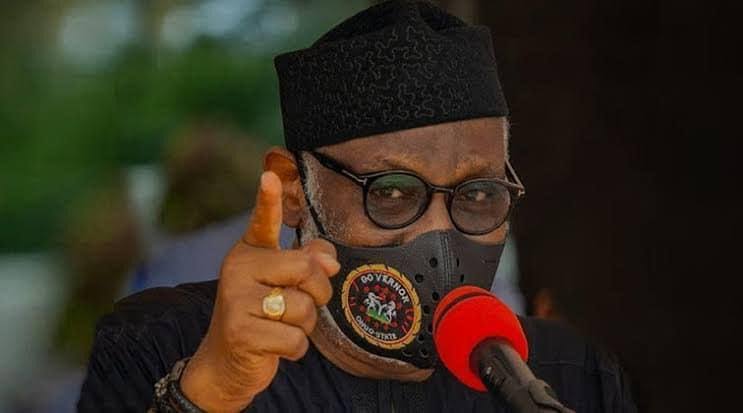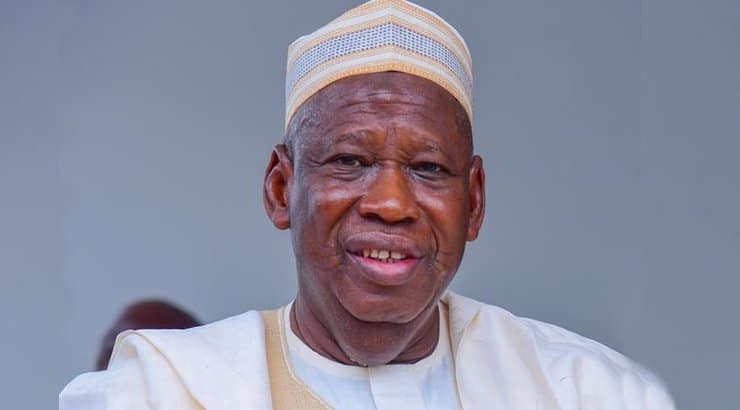VANGUARD
Beatrice Eyong, United Nations, UN, Women Country Representative for Nigeria and ECOWAS, has explained why the body cannot financially sponsor female politicians.
Eyong said that the UN Women does not sponsor female political candidates due to policy restrictions existing in various counties and also that some funders say Nigeria has a lot of money,
Eyong spoke in Lagos at a workshop organised by the UN Women and the government of Canada in partnership with the Women Advocates Research & Documentation Centre, WARDC.
She spoke in response to an appeal made by Tolulope Akande-Sadipe, a member of the House of Representatives and former Chairperson, House of Representatives Committee on Diaspora, to the UN Women and nongovernmental organisations (NGOs).
Akande-Sadipe, while delivering a keynote address, had appealed to the UN Women and NGOs to consider funding the campaigns of women political candidates as a means of helping them overcome the burgeoning challenge of finance.
Eyong said: “I have always advocated this also, even while in New York; that money be given directly to candidates.
“However, there is a problem with the rules that govern financing campaigns.
“Sometimes, some countries may allow it while others may not. Some countries have restrictions on direct funding of political campaigns by international organisations.
“Another thing I must put on the table is that when we are mobilising funds, what they (funders) tell us is that Nigeria has a lot of money and does not need money.
“So, we face difficulties mobilising funds for middle-income countries. When I was in Mali, I had nearly double the budget that I had in Nigeria because the argument is always that Nigeria has money and does not need money.
“This is the truth.
“We, however, are working on the electoral process so that it can be gender-responsive even though we are not giving money directly to candidates. So, we are working around the candidates to create a favourable environment.
“With the funding from Canada, for example, we have been working with owners of media houses to influence how the media is reporting on women, especially women in politics.
“Among other things, we worked with the Girl Guides to mobilise rural women to vote for women candidates. We have also mobilised private sector CEOs to support women candidates.
“In addition, in terms of capacity building, we have worked with INEC and security agencies to ensure a gender-responsive security during elections.
“We have also set up three resource centres for women in politics. Also, we mobilised traditional rulers.
“Amid the many things that we have done, the law does not yet allow us to give money directly to candidates to fund their campaigns.”
‘How to access UN Women fund’
Eyong, however, advised that funding from the UN Women can be better accessed collectively, through a formally organised platform; and not individually.
“Another way you can have funding is if you are together. If we have a platform for female parliamentarians, it is easier to tell funders to fund your activities.
“Even when put together at the zonal levels, such platforms can easily have access to funding,” she said.
Earlier, Akande-Sadipe had said: “UN Women and other non-governmental organisations love you for your efforts; but we need money.
“Women’s access to money to finance their political aspirations is very limited.
“It is very important that you identify credible women and begin to finance their projects and campaigns, including vehicles, media, and more.
“We need those tangible cash assistance. The training centres are brilliant ideas but what happens if you train me and I do not have the money?
“What has limited women in this part of the world is money.”
This Article Originally Appeared in Vanguard



Connect with us on our socials: